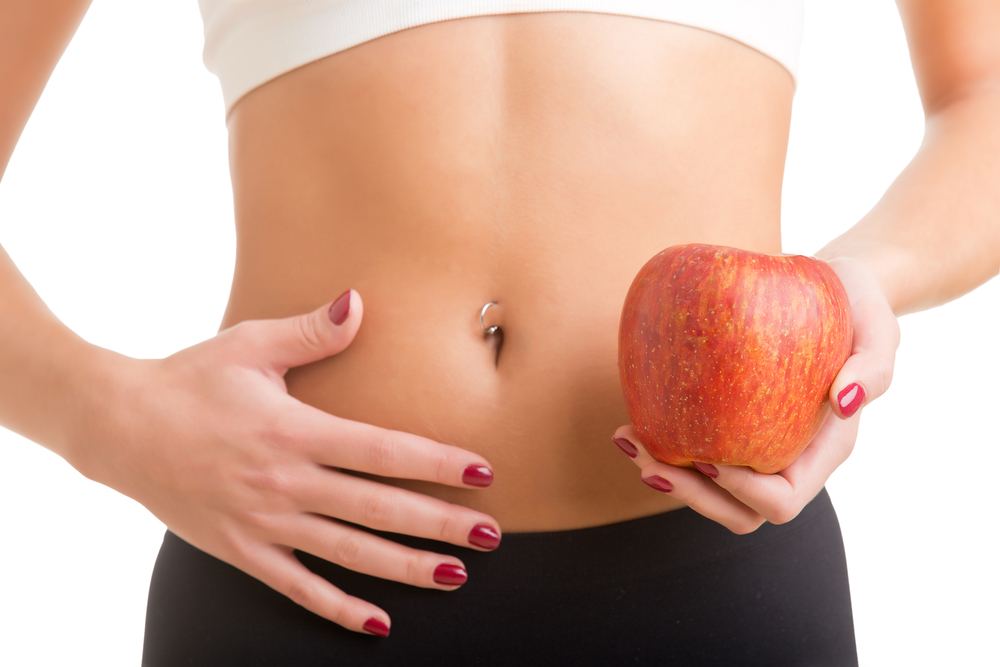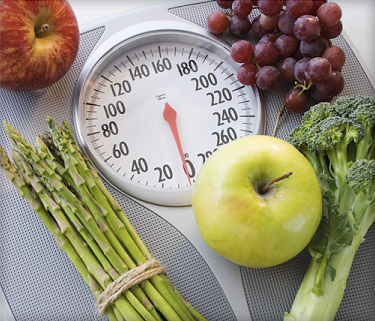Dietary fiber is a crucial yet often overlooked component of a healthy diet. Found primarily in plant-based foods, fiber is the part of these foods that your body cannot digest. Unlike proteins, fats, and carbohydrates, which are broken down and absorbed by your body, fiber passes relatively intact through your digestive system. This might seem insignificant, but fiber plays a key role in maintaining digestive health and promoting regular, healthy elimination. Inadequate fiber intake can lead to digestive issues, constipation, and other health problems.
What Is Dietary Fiber?
Fiber comes in two forms, both of which are essential for healthy digestion:
- Soluble Fiber: This type of fiber dissolves in water to form a gel-like substance. It helps slow digestion, promotes fullness, and regulates blood sugar levels. Soluble fiber can be found in foods like oats, beans, lentils, apples, and carrots.
- Insoluble Fiber: Insoluble fiber does not dissolve in water. It adds bulk to the stool, helping food move more smoothly through the digestive system. This type of fiber is found in foods like whole grains, nuts, seeds, and the skins of fruits and vegetables.
The Role of Fiber in Healthy Elimination
Fiber plays an integral role in maintaining digestive health and promoting regular elimination. Here’s how it supports healthy bowel movements:
- Prevents Constipation
One of the most well-known benefits of fiber is its ability to prevent and alleviate constipation. Insoluble fiber adds bulk to the stool, which makes it easier to pass through the digestive system. It also helps retain water in the stool, making it softer and easier to expel. Regular bowel movements are essential for eliminating waste and toxins from your body, and fiber is crucial in ensuring these movements happen smoothly and efficiently.
Without enough fiber, stools can become hard and difficult to pass, leading to constipation. Chronic constipation can contribute to more serious conditions like hemorrhoids, anal fissures, and even bowel obstruction.
The benefits of fiber extend beyond just regular bowel movements—it also promotes a healthy gut environment. Soluble fiber acts as a prebiotic, meaning it provides food for the beneficial bacteria (probiotics) in your gut. A healthy balance of gut bacteria is vital for digestion and overall health. These bacteria ferment soluble fiber, producing short-chain fatty acids that support colon health and may even reduce the risk of certain diseases, such as colorectal cancer.
Additionally, by promoting healthy gut bacteria, fiber helps reduce inflammation in the gut and may aid in preventing conditions like irritable bowel syndrome (IBS) and diverticulitis.
- Promotes Regularity
Fiber helps ensure that your digestive system works efficiently, which promotes regular bowel movements. Soluble fiber absorbs water and forms a gel that slows down digestion, which can help prevent diarrhea by making the stool more solid. On the other hand, insoluble fiber speeds up the passage of food through the stomach and intestines, promoting consistent elimination. By balancing both types of fiber, you can maintain regular bowel movements, avoiding both constipation and diarrhea.
- Detoxifies the Body
Fiber’s role in elimination extends to detoxification. The colon is responsible for eliminating waste products and toxins from your body. Fiber helps move waste through the digestive tract more quickly, reducing the amount of time that harmful substances are in contact with the walls of the intestines. This not only supports digestive health but also helps the body rid itself of excess cholesterol, hormones, and other waste products that can accumulate over time.
- Reduces the Risk of Digestive Disorders
A high-fiber diet has been shown to lower the risk of developing digestive disorders such as diverticulosis, a condition in which small pouches form in the walls of the colon. These pouches can become inflamed or infected, causing diverticulitis, a painful condition. By ensuring healthy and regular bowel movements, fiber reduces the pressure in the colon, lowering the risk of diverticulosis and other digestive complications.
How Much Fiber Do You Need?
To support healthy digestion and regular elimination, it’s important to consume enough fiber each day. The recommended daily intake of fiber varies by age and gender:
- Men: 38 grams per day (under 50), 30 grams per day (over 50)
- Women: 25 grams per day (under 50), 21 grams per day (over 50)
Unfortunately, many people do not meet these recommendations. The average fiber intake is often far below what is needed for optimal digestive health. Increasing your fiber intake can make a significant difference in how well your digestive system functions.
Foods High in Fiber
Getting enough fiber from your diet is easy if you focus on fiber-rich foods. Here are some excellent sources of both soluble and insoluble fiber:
- Whole grains: Brown rice, quinoa, whole-wheat bread, and oats.
- Fruits: Apples (with the skin), pears, berries, bananas, and oranges.
- Vegetables: Broccoli, carrots, sweet potatoes, Brussels sprouts, and leafy greens like spinach and kale.
- Legumes: Lentils, black beans, chickpeas, and kidney beans.
- Nuts and seeds: Almonds, chia seeds, flaxseeds, and sunflower seeds.
- High-fiber cereals: Look for whole-grain cereals that contain at least 5 grams of fiber per serving.
Tips for Increasing Fiber in Your Diet
If your current diet is low in fiber, it’s important to increase your intake gradually to avoid digestive discomfort, such as bloating or gas. Here are some practical tips to help you boost your fiber intake:
- Start Your Day with Fiber
Begin your day with a high-fiber breakfast, such as oatmeal, whole-grain cereal, or a smoothie loaded with fruits, vegetables, and chia seeds. This helps you start the day on the right foot and gets you closer to your daily fiber goal.
- Choose Whole Foods
Opt for whole fruits and vegetables over processed foods. For example, eat whole apples or pears with the skin instead of drinking fruit juice, as the skin contains much of the fiber.
- Add Legumes to Meals
Incorporate more beans, lentils, and chickpeas into your meals. These are excellent sources of fiber and can easily be added to soups, salads, stews, and side dishes.
- Switch to Whole Grains
Replace refined grains, such as white bread and pasta, with whole grains like brown rice, quinoa, and whole-wheat bread. These options have much more fiber and provide additional nutrients.
- Snack on Fiber-Rich Foods
Instead of reaching for chips or processed snacks, choose fiber-rich alternatives like raw vegetables, fruits, or a handful of nuts. Popcorn is another healthy, fiber-filled snack when prepared with minimal butter and salt.
- Stay Hydrated
Fiber works best when consumed with plenty of water. As fiber moves through your digestive system, it absorbs water, helping to soften the stool and prevent constipation. Aim for at least 8 glasses of water a day to support fiber’s function.
Conclusion
Fiber is an essential component of a healthy diet and plays a key role in supporting healthy elimination. By promoting regular bowel movements, preventing constipation, and maintaining gut health, fiber helps your digestive system run smoothly. Whether you’re aiming to prevent digestive disorders or simply improve your overall well-being, adequate fiber intake is crucial. Incorporating a variety of fiber-rich foods into your daily diet and staying hydrated will go a long way in ensuring your body can efficiently eliminate waste and toxins, keeping you feeling healthy and energized.
Sources:
https://www.mayoclinic.org/healthy-lifestyle/nutrition-and-healthy-eating/in-depth/fiber/art-20043983
https://www.webmd.com/digestive-disorders/dietary-fiber-the-natural-solution-for-constipation
https://nutritionsource.hsph.harvard.edu/carbohydrates/fiber/









